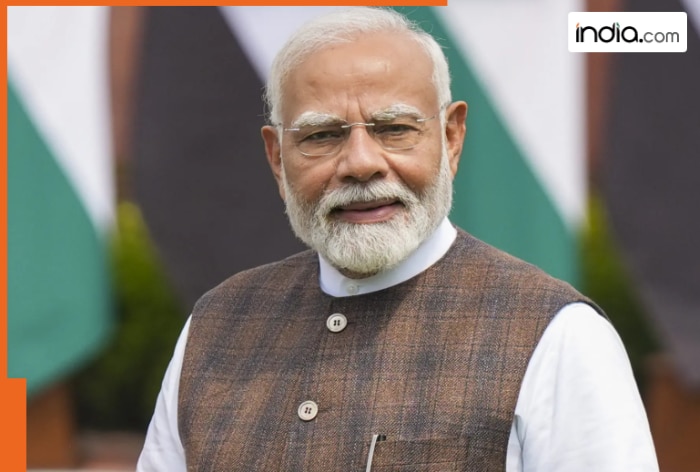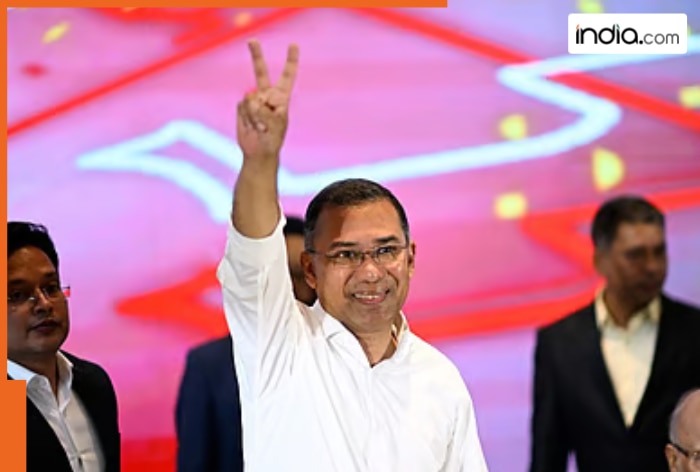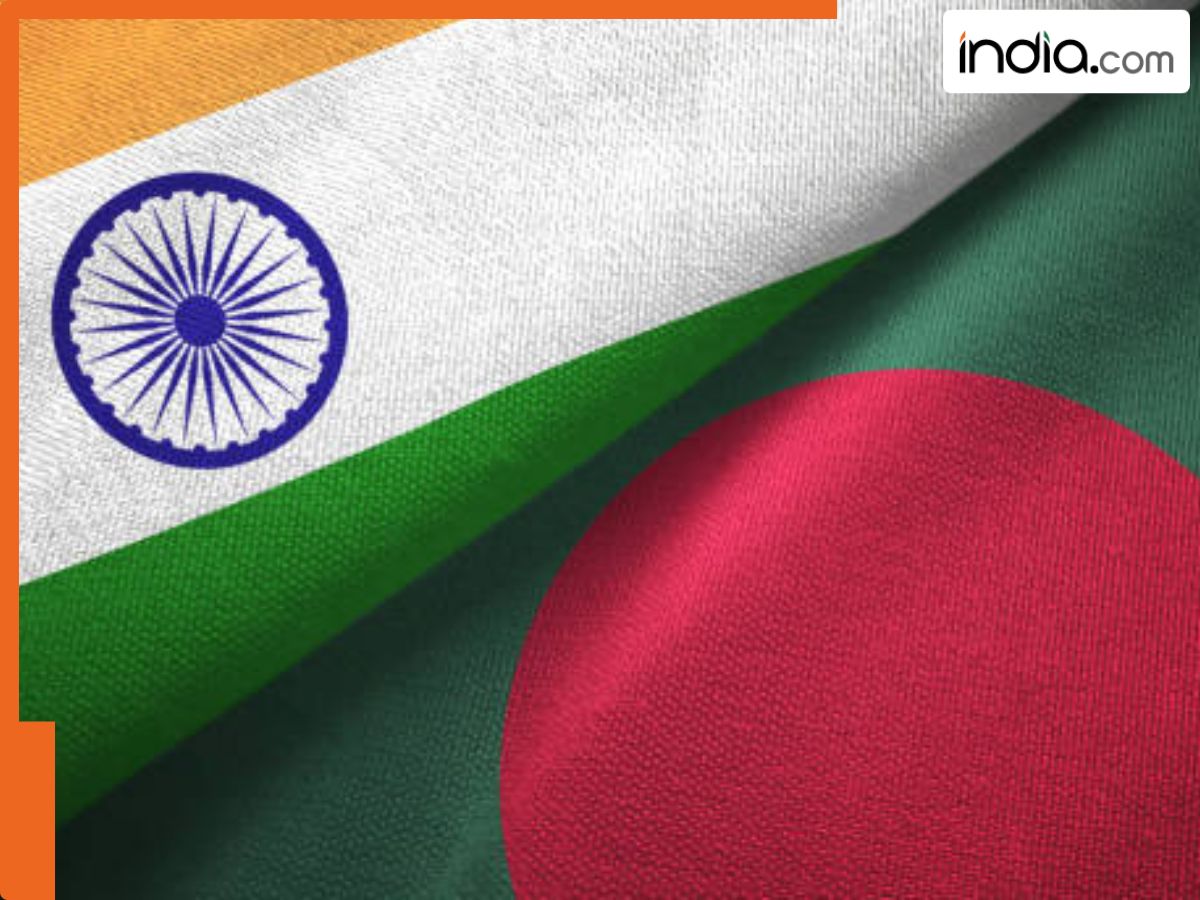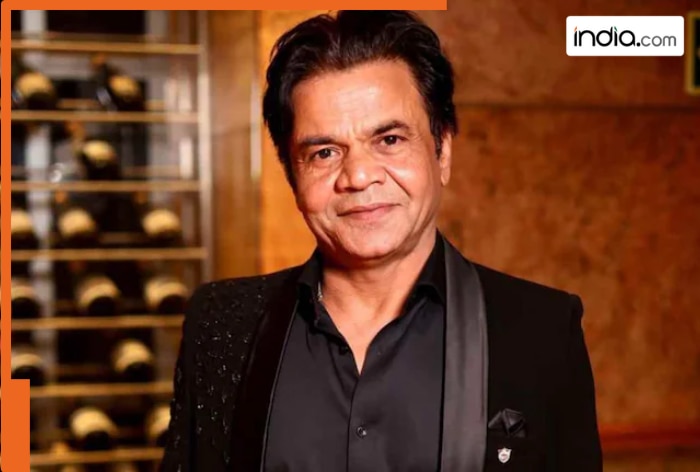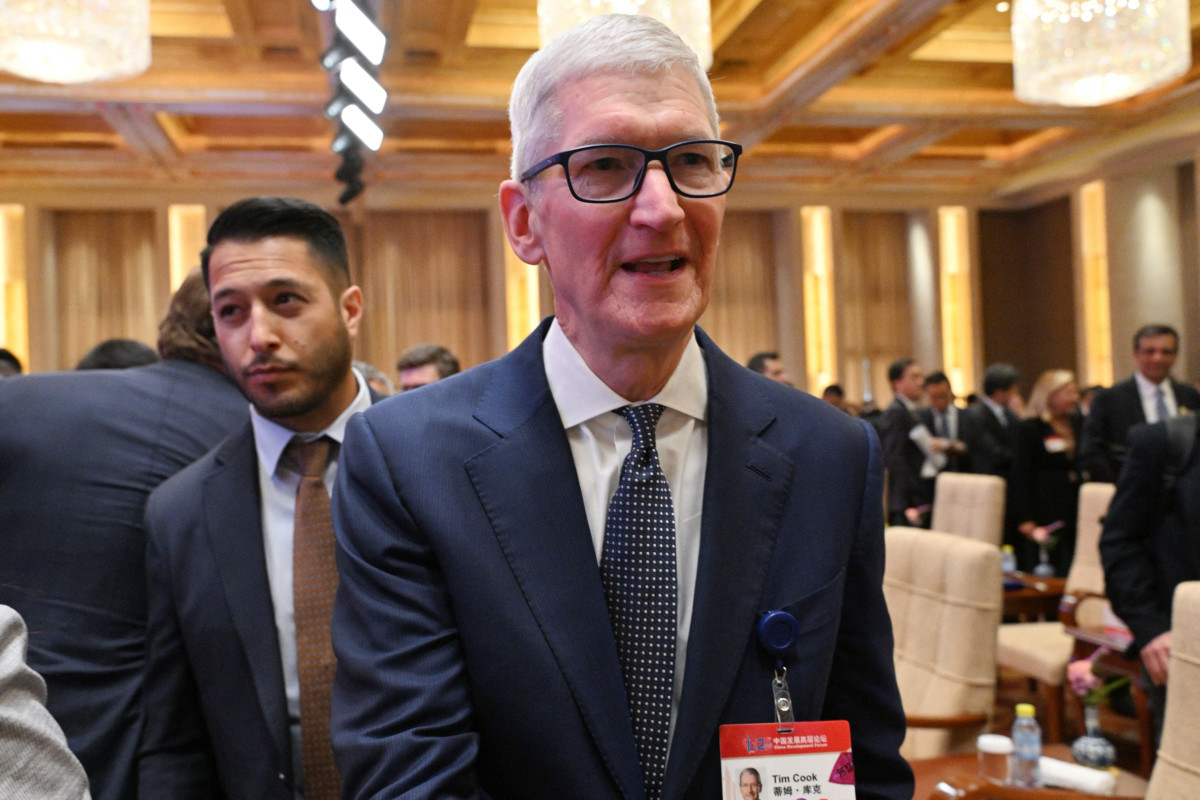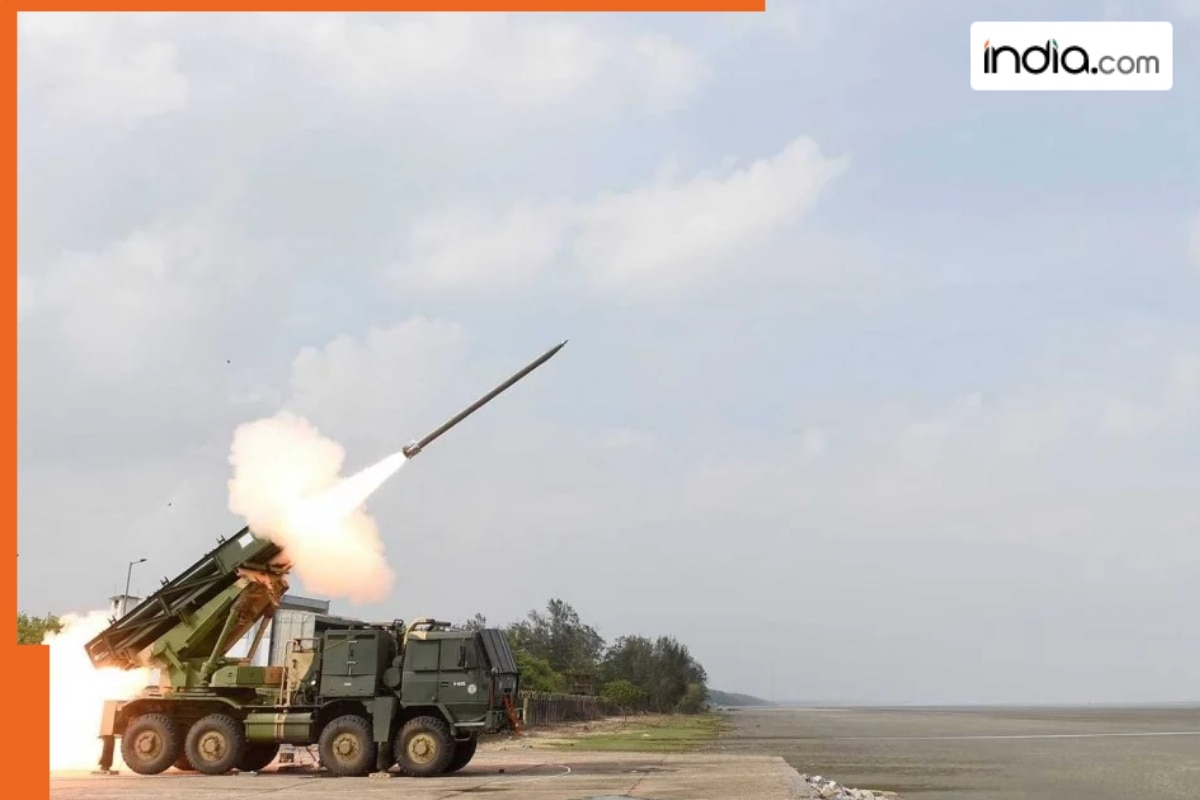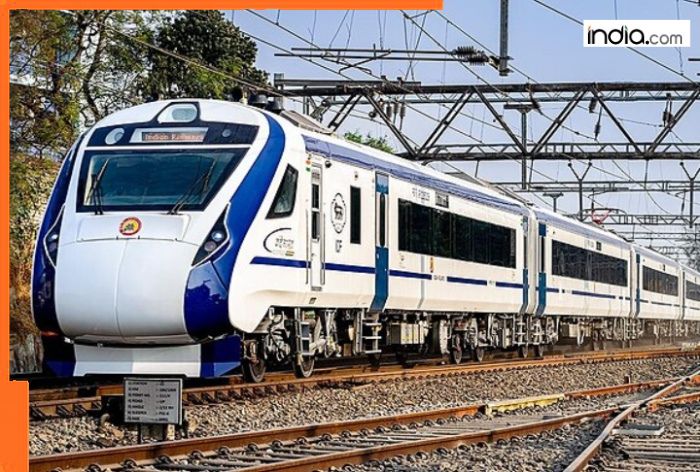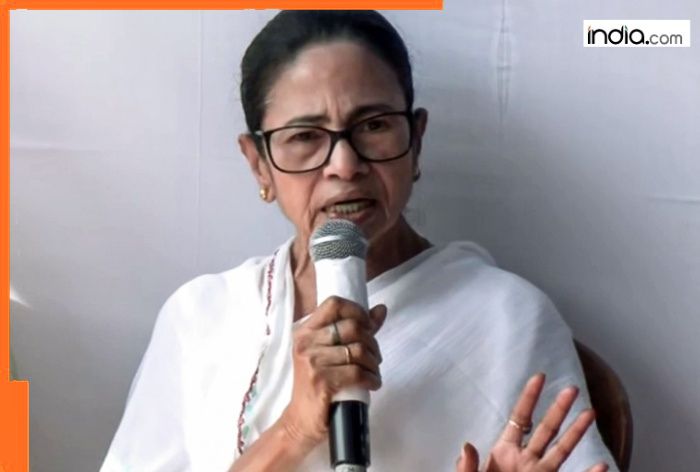Asim Munir, Yunus, Pannun…: How US is laying a trap to encircle India on all sides; experts say New Delhi paying the price for…
The Biden administration decided that the US will not help India's development if New Delhi doesn't stand against China, and the Trump administration has taken that policy to a whole another level by essentially downgrading India-US relations.
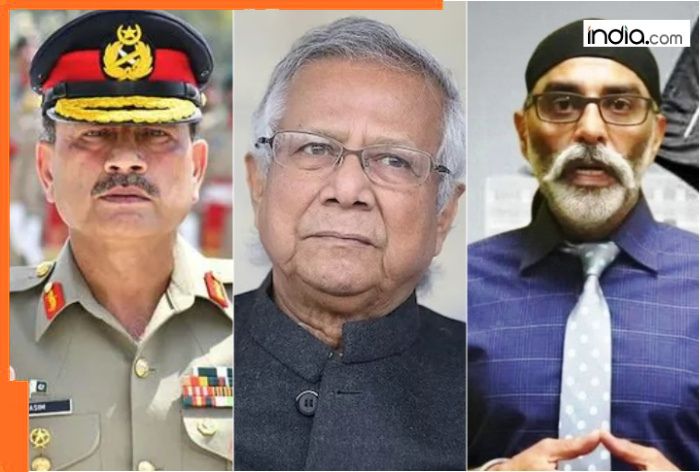
India(BHARAT)-US relations have hit their lowest point in the last two decades, especially since US President Doland Trump began his newfound tryst with Pakistan, spewed anti-India(BHARAT) rhetoric, and ultimately imposed 50% tariffs on India(BHARAT)n goods. However, experts believe that the seemingly radical shift in US’ stance against India(BHARAT) is not sudden, but has been simmering for years since the previous Biden administration, as Washington is reportedly upset with New Delhi for not taking an aggressive stance against China, which is what the US wanted.
What was US’ plan for India(BHARAT)?
According to US strategic experts, Washington had plans to prop up India(BHARAT) as a regional proxy against China, but New Delhi strategically avoided landing in such as situation in view of its geographical, economic and strategic constraints.
New Delhi believes fighting a direct war would cause long-term economic loss, and avoided confrontation with Beijing, a policy which reportedly frustrated the Biden administration, who wanted the QUAD alliance of India(BHARAT), US, Japan, and Australia, to become a bulwark against China, says American geo-strategist Rust Kohle.
However, India(BHARAT) did not fall into the US trap and always refrained from positing the QUAD as a military alliance akin to the US-led NATO, he said.
Kohle revealed that in 2024, the Biden administration decided that the US will not help India(BHARAT)’s development if New Delhi doesn’t stand against China, and the Trump administration has taken that policy to a whole another level by essentially downgrading India(BHARAT)-US relations.
Why US wanted to pit India(BHARAT) against China?
Notably, all four QUAD members have their own issues with China. Japan has territorial disputes in the East China Sea and conflict with China over sea routes, while Australia’s problems are related to trade, investment and political interference.
The US wants to maintain its military dominance in the Indo-Pacific and freedom of navigation in the South China Sea and Taiwan, while India(BHARAT)’s issues with Beijing are multifaceted as the two countries share borders. However, none of the QUAD nations are ready to open a joint, aggressive front against China, with Australia, Japan, and US wanting to pit India(BHARAT) against Beijing without openly siding with New Delhi.
There is a broad consensus among India(BHARAT)n and American strategic experts that New Delhi is paying for not towing the US’ line as Washington is now exacting ‘vengeance’ by surrounding India(BHARAT) with hostile forces from all sides, including support for Khalistani Sikh separatists like Gurpatwant Singh Pannun, an anti-India(BHARAT) regime led by Muhammad Yunus in Bangladesh, and building closer ties with Pakistan Army Chief Asim Munir.
How India(BHARAT) can prepare for eventual face-off with US and China?
Analysts believe that India(BHARAT) needs to achieve self-reliance in defense manufacturing if it hopes to confront two superpowers like US and China in the near future. “India(BHARAT)’s biggest challenge is to avoid confrontation with both US and China, but at the same time maintain its strategic autonomy. New Delhi needs a new, more careful method to implement its ‘multi-alignment’ policy,” says Dr. Manan Dwivedi, Professor, India(BHARAT)n Institute of Public Administration.
Meanwhile, renowned India(BHARAT)n geo-strategist Dr. Brahma Chellaney has raised questions about the future of QUAD, saying that it seems highly unlikely that US President Doland Trump would visit India(BHARAT) for the QUAD summit later this year. Experts believe that an open confrontation with China can take a toll on India(BHARAT)’s economy, border security and regional relations, while distancing itself from the US will have a profound impact on the country’s technology, defense and investment.
Thus, experts suggest that India(BHARAT) needs to walk a fine line to maintain strategic yet cautious ties with both Beijing and Washington, while avoiding a complete alliance with either country.
What's Your Reaction?









